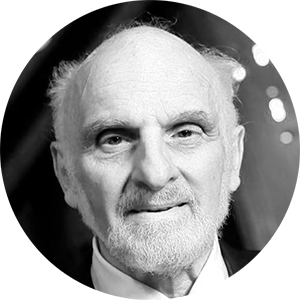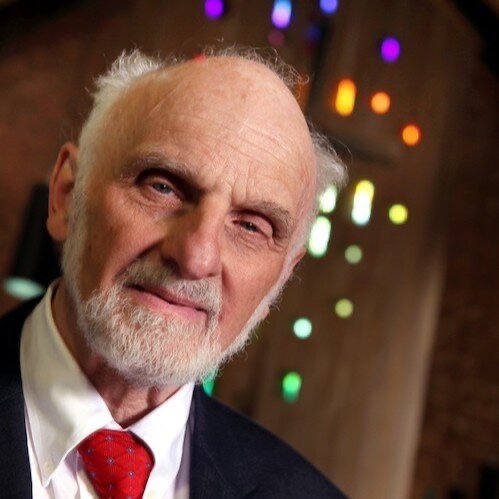Walter Brueggemann Column
Church Anew was honored to host Walter Brueggemann as our featured columnist from 2020 through 2025. May this archive of his powerful and reflective writings continue to inspire, energize, guide, and comfort you.
Always Means Never Meant
"... when the church recovers its own voice and its own nerve, the biblical text may continue to surge out of the past with a generative forcefulness into the present."
On The Role of Bishops
Walter Brueggemann writes on the church's lost duty to the poor, and how ecclesiastical leaders can help recover its most elemental mission.
The Production and Defeat of Poverty
Walter Brueggemann examines debt, hoarding, and the failure of our economy, and shows how Scripture may allow the creation of an alternative.
The Legacy of James C. Scott
Walter Brueggemann writes on the scholarship of late anthropologist James C. Scott, and how “the weapons of the weak” may be found in Scripture.
Sermon-Proof
Walter Brueggemann writes on how to make sermons penetrate to the heart of the listener and encourage them to be active and empowered agents of God.
Anticipating the Election
Walter Brueggemann writes on the intersection between politics and faith, and the values that the church must endorse in the coming election.
Out-Interpreting the Ten Commandments
Walter Brueggemann writes on Louisiana’s public exhibition of the Ten Commandments, and how we may interpret and reframe Biblical Law to better serve our marginalized neighbors.
Workable and Purposeful
Walter Brueggemann writes on Biblical and constitutional fundamentalism, and the increasing need for flexibility in a dynamic world.
In Memory of Sam Balentine
Walter Brueggemann writes Sam Balentine, a brilliant writer, brave pray-er, and beloved friend in a eulogy detailing his excellent character and courageous theology.
A Newly Produced World
In this column, Walter Brueggemann writes on technological advancement and its ties to imperialism, and how Scripture can help us avoid the pitfalls of a rapidly advancing world.
Celebrative Dining
In this column, Walter Brueggemann writes on James Baldwin's unfinished work, and how feasts reflect the restorative and abundant power of God and his promises.
It’s All Made Up
In this column, Walter Brueggemann reminds us that the Bible's most powerful messages were 'made up' by its poets--Miriam, Isaiah, Mary--challenging us to question what we can learn from their expressions of imagination
Greed which is Idolatry
Walter Brueggemann examines how we may use the Bible to maintain generosity in the face of modern greed. Through loyalty to our community and the God of abundance we may resist the ideologies of scarcity and covetousness.
From “Rag-Tag” to “Holy”
Walter Brueggemann reminds ua to have fresh courage for the work yet to be done, stating: “The great missional mandate to the church stems from this wondrous reality that God desires to choose “the weak and the foolish” to do the transformative work.”
Peddlers Who Prey on Our Prayers
Walter Brueggemann discusses the usage of the term “peddler” came to mind as he observed Donald Trump selling his “USA Bible” for $59.99.
“I have not seen his Bible, but it clearly intends to voice the gospel alongside Trump’s particular version of nationalism,” Brueggemann writes.
Growing in Grace
When Brueggemann reflected on moral seriousness, the first thing he thought of was “stages of growth” in the defining work of the great Swiss child psychologist, Jean Piaget. In a series of books in the mid-twentieth century, Piaget reported on his careful observation of children and concluded that children in their intellectual and moral development regularly advance through several different stages of learning.
Mapping as Power
The very ones whom the elite seek to exclude are the primary candidates to constitute the community of Jesus, for the “holy people” is formed “from below” among those who live a distance from the mirages of virtue and control.
We the People
The very ones whom the elite seek to exclude are the primary candidates to constitute the community of Jesus, for the “holy people” is formed “from below” among those who live a distance from the mirages of virtue and control.


